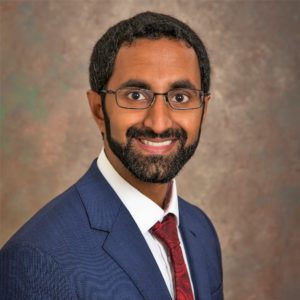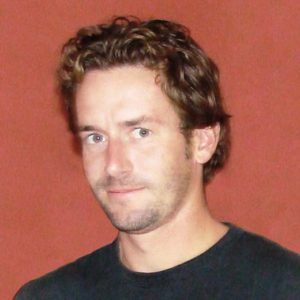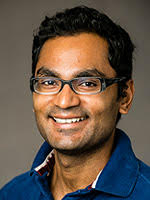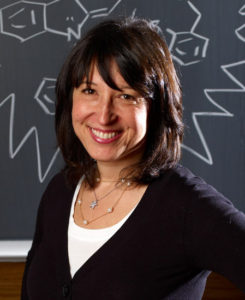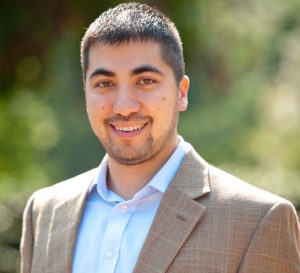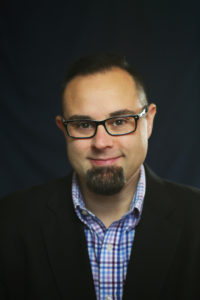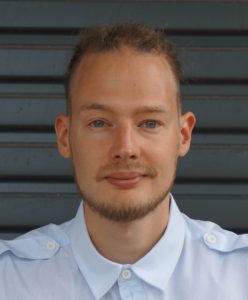
Michael Koepke
Michael is a pioneer in genetic engineering and strain development of gas fermenting organisms to convert carbon monoxide and carbon dioxide to useful products. His research on Clostridium ljungdahlii demonstrated for the first time that gas fermenting acetogens can be genetically modified and provided a first genome and genetic blueprint of such an organism.
Since 2009, Michael is Director of Synthetic Biology at LanzaTech, a company that has developed a proprietary gas fermentation process that is revolutionizing the way the world thinks about waste carbon by treating it as an opportunity instead of a liability. Michael and his team are responsible for development of genetic tools and synthetic pathways as well as strain engineering of LanzaTech’s proprietary gas fermenting organisms to optimize performance of the process and expand the product portfolio. Michael leads several of LanzaTech R&D collaborations with both industrial and academic partners.
Michael has over 15 years of experience working with clostridia and gas fermenting organisms and holds a Ph.D. in Microbiology and Biotechnology from University of Ulm, Germany. Michael authored over 100 patents and over 30 peer reviewed articles and book chapters. Michael also contributed as scientific advisor to the Joint Genome Institute (JGI) and co-organizer of international conferences as the 2018 Foundations of Systems Biology (FOSBE) and Biochemical and Molecular Engineering XXII and has been awarded the 2015 Presidential Green Chemistry Challenge award for Greener Synthetic Pathways by the US Environmental Protection Agency (EPA) and American Chemical Society (ACS).
